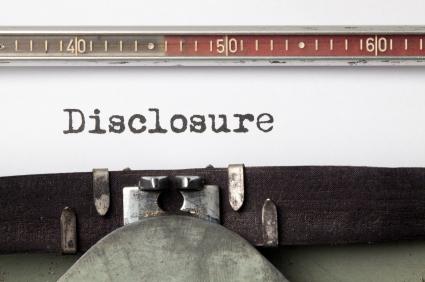
To disclose or not to disclose, that is the question that Renee Hawke, CPA answers:
Recently, we assisted a dental practice client in filing a sales tax voluntary disclosure agreement with the Ohio Department of Taxation.
Here’s the situation: There was a change in sales tax law that affected certain dental practices. So, our responsibility was to go through invoices over the prior three years to determine if sales tax was charged in appropriate circumstances. If sales tax was not charged when appropriate, because the items were being used in Ohio, then the dental practice was required to pay a use tax on those items. The dental practice also agreed to file a voluntary disclosure agreement, meaning they registered for use tax and continued to pay use tax as appropriate moving forward.
The benefit to filing a voluntary disclosure agreement is that the Ohio Department of Taxation agrees that the dental practice looks only at the previous three years of invoices and agrees to pay the use tax and interest on that amount. Without a voluntary disclosure agreement, if the Ohio Department of Taxation came in to perform an audit, then the Ohio Department of Taxation could go back more than three years. Subsequently, the dental practice would be required to pay the use tax on all of those invoices, interest on that amount, and the penalty assessed for all those years.
If you suspect instances in your business where sales tax was not charged and should have been, you may want to consider a voluntary disclosure agreement.

